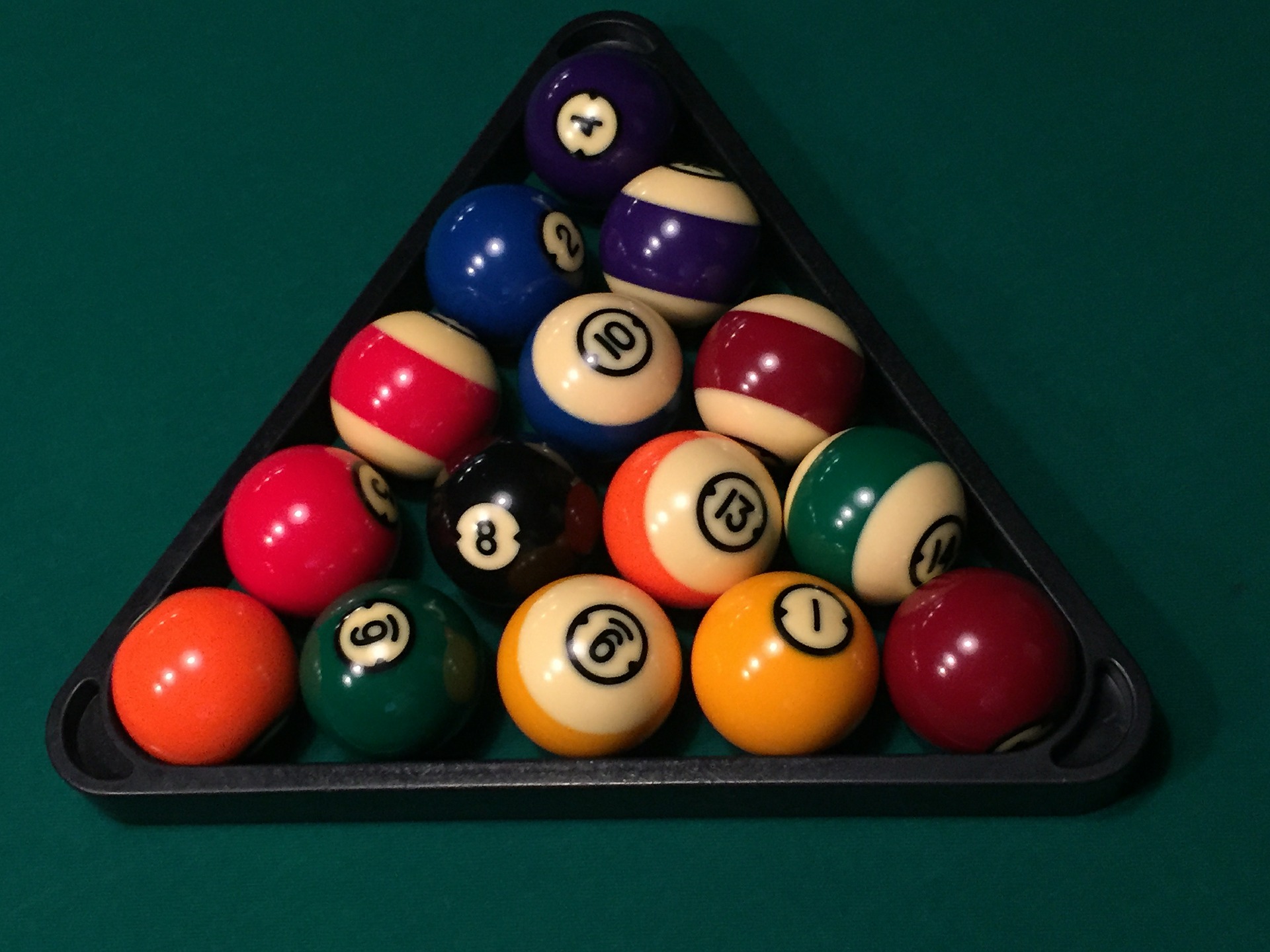What are Billiard Balls made Of?
페이지 정보
작성자 Jermaine 작성일24-11-08 14:45 조회6회 댓글0건관련링크
본문
Further, being omniscient, God will know what is best (that is, What are billiard balls made of what there is most reason to do); He will not have false value-beliefs. There is nothing in our background knowledge that makes it comprehensible, let alone likely, that anything should have such a power. That allows us to infer that the other packs which we have not examined will also be so arranged. The naturalness of the connection between the purpose to bring about E and E allows us to explain Es which are puzzling because they are diverse and complex-for example, the array of puzzling connections between brain states and the mental states which they cause such as sensations; and so, the answer to Mackie's questions Has God somehow brought it about that material structures do now generate consciousness? But as far as I can tell, only the vehicle of neuronal superpositions allows subjectively classical content - our everyday world of experience. Furthermore, the composition of Venus' atmosphere is far different than that of Jupiter, and there's no geologic evidence on Earth or anywhere else to support his claims. In so far as an agent believes that some action is the best action (that is, what there is most reason to do), he will do it-unless he is subject to irrational inclinations, or desires, which make it hard for him to do what he believes best.
In particular, I argued that the totally regular and simple ways of behavior of physical objects; or, as we should say in order to avoid hypostatizing laws of nature, the vast coincidence that there are objects of a very few kinds (electrons, photons, and so forth) all of each kind having identical powers and liabilities, is a very striking coincidence, which is a priori very unlikely. On examining some of them at random we find that they are all arranged in order of suits and seniority. If you are familiar with the Pauli exclusion principle, which states that no two electrons can occupy the same state, then you are familiar with one example of degeneracy pressure. Further, the occurrence of some one rather that any other of a number of equally good states of affairs is made more comprehensible if it is seen as resulting from a personal choice rather than from some random mechanism-for personal choice among equally good alternatives is a mechanism which we see intuitively to be a simple and natural mechanism for selecting alternatives; for it is a mechanism, indeed the only mechanism, of which we have inside experience and whose operation is thus comprehensible.
And it is another basic principle of knowledge that those who do not have an experience of a certain type ought to believe many others when they say that they do- again, in the absence of evidence of mass delusion. Someone who seems to have an experience of God should believe that he does, unless evidence can be produced that he is mistaken. If some men do not have our experiences, even when our experiences coincide with those of others, that suggests that the former are blind to religious realities- just as a man's inability to see colors does not show that many of us who claim to see them are mistaken, only that he is color blind. I claim that the existence and continued operation of God (normally through the laws of nature, but sometimes setting them aside) can explain the whole pattern of science and history, and also men's most intimate religious experiences. He moved to London in 1840 to complete his medical studies and was ordained a missionary by the London Missionary Society, setting sale for Africa in December. The Dark Interior. John Murray, London.
Indeed, it is just the complexity of the world which leads us here, as elsewhere in science, to postulate simpler causes at work "behind the scenes." Seeing indirect personal causation at work in the world, we see that personal causation is a type of causation and so personal explanation is a type of explanation. Let’s dive into the science behind billiard balls. Saluc follows a 13-step detailed manufacturing process for their billiard balls. This is not an additional "particularity" which we attribute to God, but follows from His essential nature. Mackie has many criticisms of the exposition of my arguments in my book The Existence of God, but most of them are variants of three main counter-arguments. A different counter-argument of Mackie's to my claim that the theistic hypothesis is very simple is that the "particularity," the detailed features of the phenomena to be explained, has not been removed by postulating an intention in God to bring about those phenomena: The particularity has not been removed, but only shelved; we should have to postulate particularities in God, to explain his choice of the particular universe he decided to create. Mackie objected: Inductive extrapolation would not be reasonable if there were a strong presumption that the universe is really completely random, that such order as we seem to find in it is just the sort of local apparent regularity that we should expect to occur occasionally by pure chance, as in a series of random tosses of a coin we will sometimes get a long run of heads, or a simple alternation of heads and tails over a considerable number of throws.

댓글목록
등록된 댓글이 없습니다.









